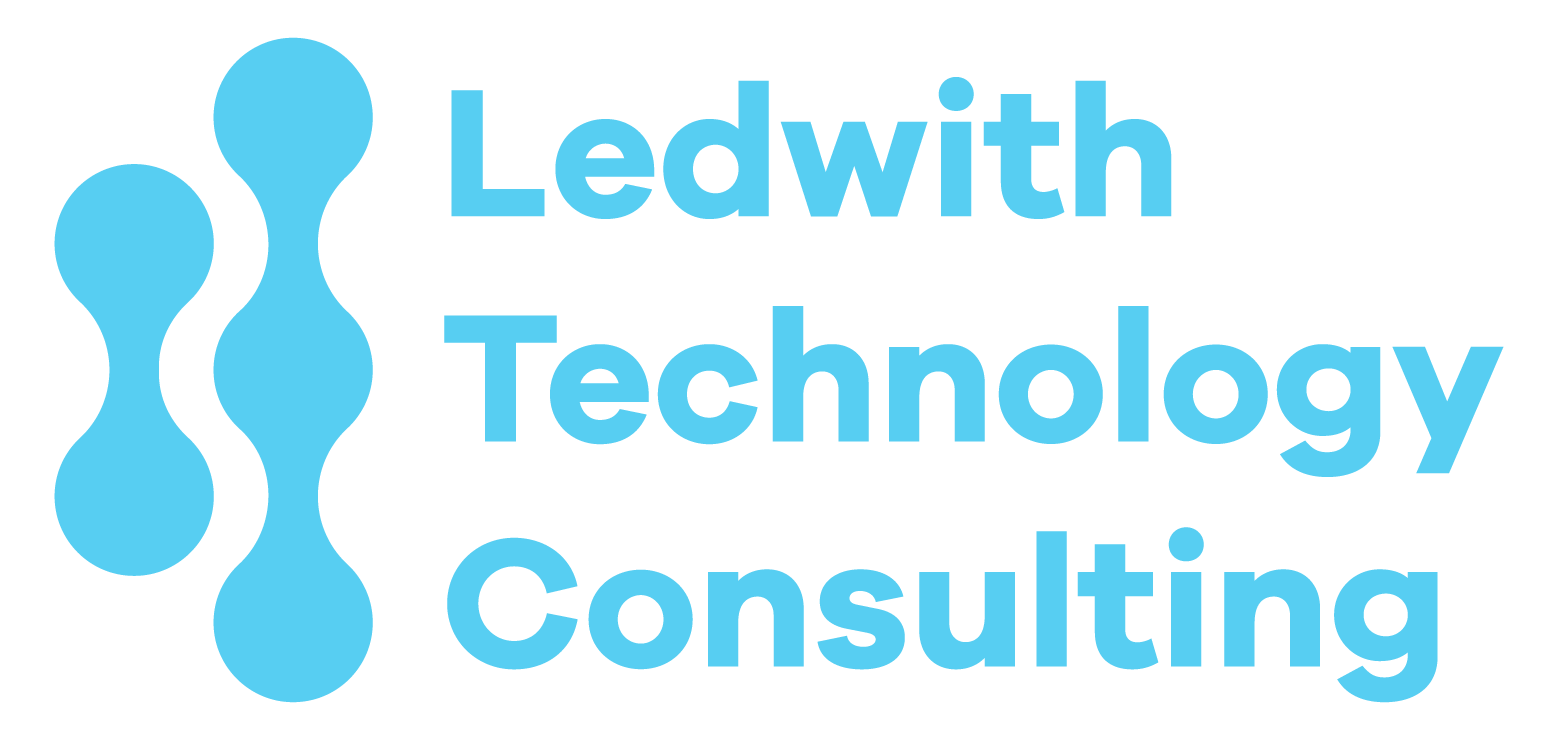By Stephen Ledwith May 23, 2025
Smart Contracts for Everything: The Future or a Flawed Dream?
From mortgages to property inspections, blockchain-based smart contracts are turning mountains of paperwork into an automated dream. No more dreaded signature marathons, no more waiting on approvals—just instant execution.
Yet, as someone who has spent years in technology leadership and digital transformation, I believe the world isn’t quite ready for them. The vision is compelling, but the reality is filled with obstacles—legal complexities, adoption hesitancy, and technological limitations.
The Case for Smart Contracts 🚀
Smart contracts are self-executing agreements stored on a blockchain, executing transactions automatically when predefined conditions are met. They offer three major advantages:
1. Efficiency: No More Middlemen
- Traditional contracts require lawyers, brokers, and third-party verification.
- Smart contracts execute agreements instantly once conditions are met.
- Saves time, reduces human error, and eliminates redundant paperwork.
“Smart contracts remove the need for trust in transactions—blockchain provides the trust layer.”
—Vitalik Buterin, Ethereum Founder
2. Security & Transparency: Immutable and Tamper-Proof
- Every contract is recorded on a blockchain, preventing unauthorized changes.
- Transparent by design—any involved party can verify terms without disputes.
- Reduces fraud in real estate transactions, financial agreements, and supply chains.
3. Automation: Self-Enforcing Agreements
- Payments release automatically when conditions are met (e.g., deposit transfers upon home inspection approval).
- Rental agreements can enforce penalties and late fees without human intervention.
- Insurance claims can trigger payouts automatically based on verifiable events.

The Case Against Smart Contracts ⚠️
Despite the benefits, smart contracts face real-world limitations that cannot be ignored.
1. Legal and Regulatory Hurdles
- Contract law is nuanced—smart contracts lack flexibility for unforeseen circumstances.
- Can a blockchain-based contract override local laws or require human arbitration?
- Courts and legal professionals remain skeptical about enforceability.
“The legal framework for smart contracts is still a gray area. We are far from a reality where a blockchain contract replaces legal agreements.”
—Professor Primavera De Filippi, Harvard Berkman Klein Center
2. Adoption Barriers: The Industry is Slow to Change
- Real estate and financial institutions are notoriously slow in adopting new tech.
- Stakeholders (lawyers, banks, government agencies) may resist blockchain automation.
- Many contracts require subjective judgment—something smart contracts can’t replicate.
3. Technology Limitations
- Smart contracts are only as reliable as the data they rely on (i.e., “garbage in, garbage out” problem).
- Bugs or poorly coded contracts are irreversible—if funds are sent incorrectly, they can’t be retrieved.
- Blockchain scalability issues can make transactions slow and expensive.
The Verdict: Are We Ready for Smart Contracts?
Not yet. The promise of smart contracts is real, but legal frameworks, technological readiness, and industry adoption remain significant roadblocks.
For now, hybrid solutions—where smart contracts automate key processes while humans handle disputes and subjective decisions—are a more viable approach.
What’s Next?
- Governments and legal experts need to establish regulatory clarity.
- Tech companies must improve blockchain scalability and security.
- Businesses and consumers need education and practical use cases before full-scale adoption.
Until then, smart contracts will remain a powerful concept—one that still needs the right ecosystem to truly thrive.

